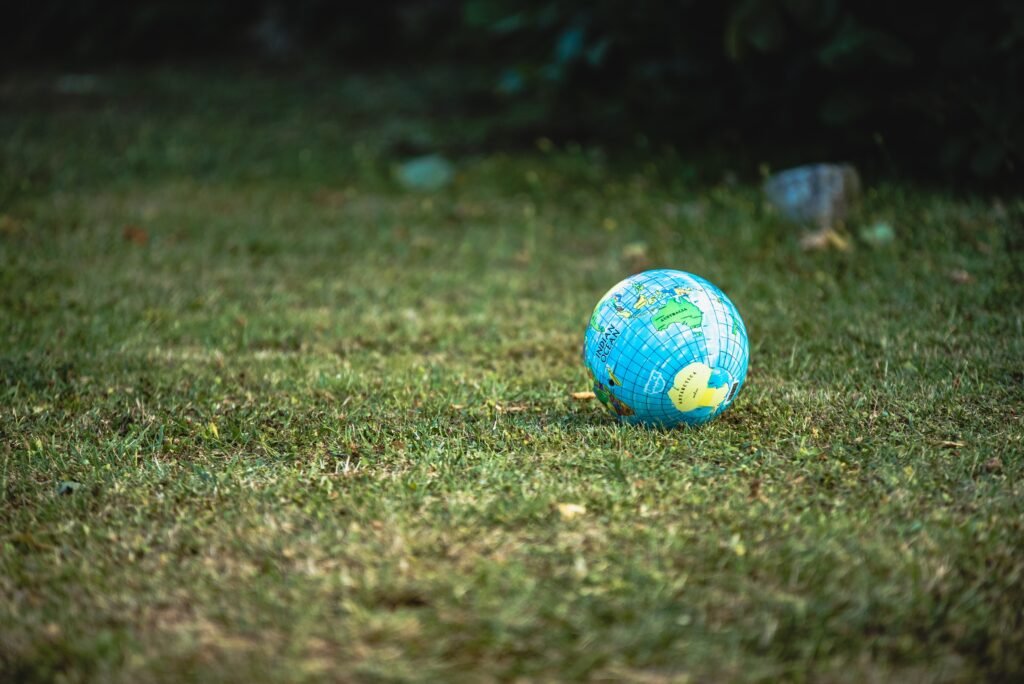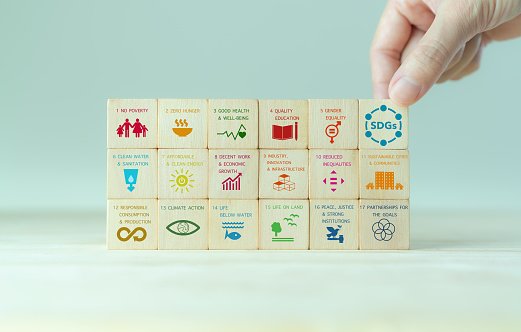COP28: Women and climate advocated driving forward change together

© COP28/Christophe Viseux
This year’s UN climate conference, taking place in Dubai, the largest city in the United Arab Emirates, began its second full week with a diverse range of female leaders and activists raising their voices to demand closing the gender gap and lessening the increasingly severe effects of climate change on women and girls. Women are frequently unable to fully contribute to climate solutions due to prevailing gender norms, preexisting disparities, and their unequal participation in decision-making processes. Concerningly, a UN Women report projects that by 2050, climate change might force an additional 158 million women and girls into poverty and an additional 236 million to experience food insecurity. But there is optimism because, as seen on “Gender Equality Day” at COP28, where female activists demonstrated how they are spearheading the movement, women can and will play a significant part in finding solutions to the climate. The UN Office of Partnerships at Creator Hub hosted a panel discussion on the “Women Rise for All” platform, highlighting the pivotal role played by women in advancing sustainable solutions that are in line with the Climate Agreement. During the COP28 climate negotiations, female panelists made it clear that they would be closely monitoring developments, especially about financing for just energy transition, “phasing out” fossil fuels, and “phasing in” sustainable energy. Events were held under the day’s theme, which focused on how women are safeguarding livelihoods, saving lives, and bringing solutions—some of which are enacting change thousands of kilometers away from the conference site. People most affected by the climate problem and least to blame for it too frequently found themselves “at the back of the queue” for climate funding, which was a “grave injustice.” The climate disaster is not gender-neutral and urged donors and humanitarians to stay “laser-focused” on the unique needs of women and girls when responding to the crisis with aid.
Investing in primary healthcare, record hunger in West and Central Africa, UNICEF emergency appeal

© FAO/Luis Tato
The head of the health agency emphasized that the best way to achieve universal health coverage—which is described as a state in which everyone has access to the medical care they require without facing financial hardship—is to invest in robust health systems that are built on high-quality primary healthcare. WHO argued that health systems capable of addressing shocks, including the rapidly approaching climate disaster, can prevent millions of deaths annually. World leaders promised to further their efforts to attain universal health care by 2030 in a political declaration made in September of last year. According to WHO, it is assisting nations in shifting their healthcare systems to a primary care model “that can help deliver 90 percent of essential health services while saving 60 million lives by 2030.” UN humanitarians stated that food insecurity in West and Central Africa has continued to rise, with a “staggering 49.5 million” people expected to go hungry by the middle of the next year. According to a news release from UNICEF, life-saving humanitarian help will be crucial in a world where violent conflicts, poverty, polarisation, and the effects of climate catastrophe are becoming more prevalent. UNICEF wants to provide humanitarian aid to almost 147 million people worldwide. Children living in conflict areas face physical and psychological stress daily, as well as disruptions to their schooling and other vital services. They also experience the harsh reality of violence and displacement. Children living in violent environments struggle with the widespread effects on their mental health, the psychological effects of instability, and the increased danger of exploitation and abuse. The UN Population Fund, an advocate for sexual and reproductive health, has issued a $1.2 billion humanitarian appeal to provide services for gender-based violence and reproductive health to 48 million individuals in 58 countries for the next year.
End e-cigarette boom urges WHO, measles surge in Europe, Central Asia; crisis for kids in Lebanon

© Unsplash
According to WHO data, 74 nations have not enacted any legislation about e-cigarettes, and 88 countries do not have a minimum age at which they can be purchased. Globally, children between the ages of 13 and 15 are using e-cigarettes at rates higher than adults, according to a WHO study, and in the UK, the number of young users has tripled over the previous three years. The UN health agency mentioned that the items can have an impact on brain development, produce carcinogenic compounds, and raise the risk of heart and lung problems. WHO also issued a warning, claiming that the tobacco industry “funds and promotes false evidence” to support the claim that e-cigarettes are less harmful than traditional cigarettes, all the while “heavily promoting these products to children and non-smokers and continuing to sell billions of cigarettes.” Kazakhstan, Kyrgyzstan, and Romania have been reported to have the highest rates of measles cases in Central Asia and Europe. The region’s youngsters who were not vaccinated against regular diseases in 2019 and 2021 were expected to number 931,000. As UNICEF pointed out, from 96% in 2019 to 93% in 2022, fewer people received the first dose of the measles vaccination. According to the UN agency, among other reasons for the decline in coverage are inadequate primary healthcare systems, disruptions to health services, and a decline in vaccine demand that was “in part fuelled by misinformation and mistrust” during the COVID-19 epidemic. From 11% in April to a startling 16% in May, more families are sending their kids to work to help with family expenses. The survey shows that 16 percent more households—more than eight out of ten—had to borrow money or make credit purchases to pay for necessary grocery products. Furthermore, compared to 75% of families, almost 80% of them cut back on medical expenses. Children’s mental health is also being severely impacted by deprivations and uncertainties; a quarter of households report that their children experience daily depression, and nearly four out of ten report that their children experience anxiety.
COP28: The UN’s net-zero food plan to save the 1.5-degree goal, combat climate ‘doomisim’

© FAO/Alessandro Penso
Achieving “Zero Hunger,” the second of the 17 Sustainable Development Goals (SDGs), can be made easier by implementing the roadmap in ten critical areas, including livestock, crops, diets, land and water, and fisheries, according to the UN Food and Agriculture Organisation (FAO). The aim of this strategy, according to FAO head economist Maximo Torero, is to “help achieve food security and nutrition for all, today and tomorrow” by transforming agrifood systems through accelerated climate action. Around 738 million people suffer from chronic malnutrition worldwide, according to Mr. Torero, who also stated that food has to be discussed about climate change and attract climate investments, which presently only account for 4% of total investments. The FAO stated in a report issued in conjunction with the roadmap that, at a time when this kind of funding is desperately required, the amount of climate money moving to agrifood systems is startlingly low and is still declining when compared to global flows. The work being done at COP28 is “a good starting point” and the Emirates Declaration on Sustainable Agriculture, Resilient Food Systems, and Climate Action, which was introduced at the conference’s high-level opening, can be implemented with the help of this roadmap. On the day devoted to food, agriculture, and water at Dubai’s Expo City, when ministers and other high-ranking officials convened to deliberate on methods to carry out the Emirates Declaration—which has been ratified by more than 150 member states—the FAO proposal was introduced.
References
https://news.un.org/en/story/2023/12/1144352
https://news.un.org/en/story/2023/12/1144732



